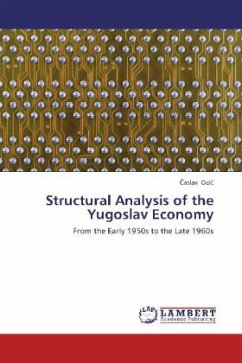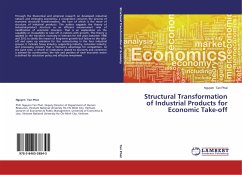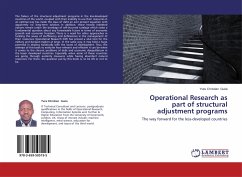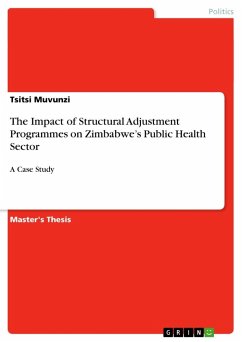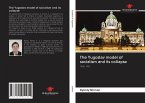The first two decades of the second Yugoslavia were marked by strong modernization efforts via industrialization. This case study confirms that inter-sectoral interdependence in Yugoslav economy increased, and that the deepening process indicates an import substitution policy which led to increased demand for imported high quality intermediaries. Economy was becoming more and more complex, but its structure was still incomplete and the changes in it were not always articulate. Abrupt, almost dramatic, changes were symbols of the rapid economic growth and flexibility of the Yugoslav planned-market socialism, but they also symbolize a deficiency in management on the macro level and prove the existence of system built-in hazards. The behavior of primary inputs (labor and capital returns, and imports) indicates the existence of structural disequilibrium (its main symptoms being unemployment and deficit in the balance of payments). The dynamics of such an economy are fundamentally different and more complex that those that characterize a system under either full employment or generalized unemployment. This case is referred to in literature as the case of constrained development .

